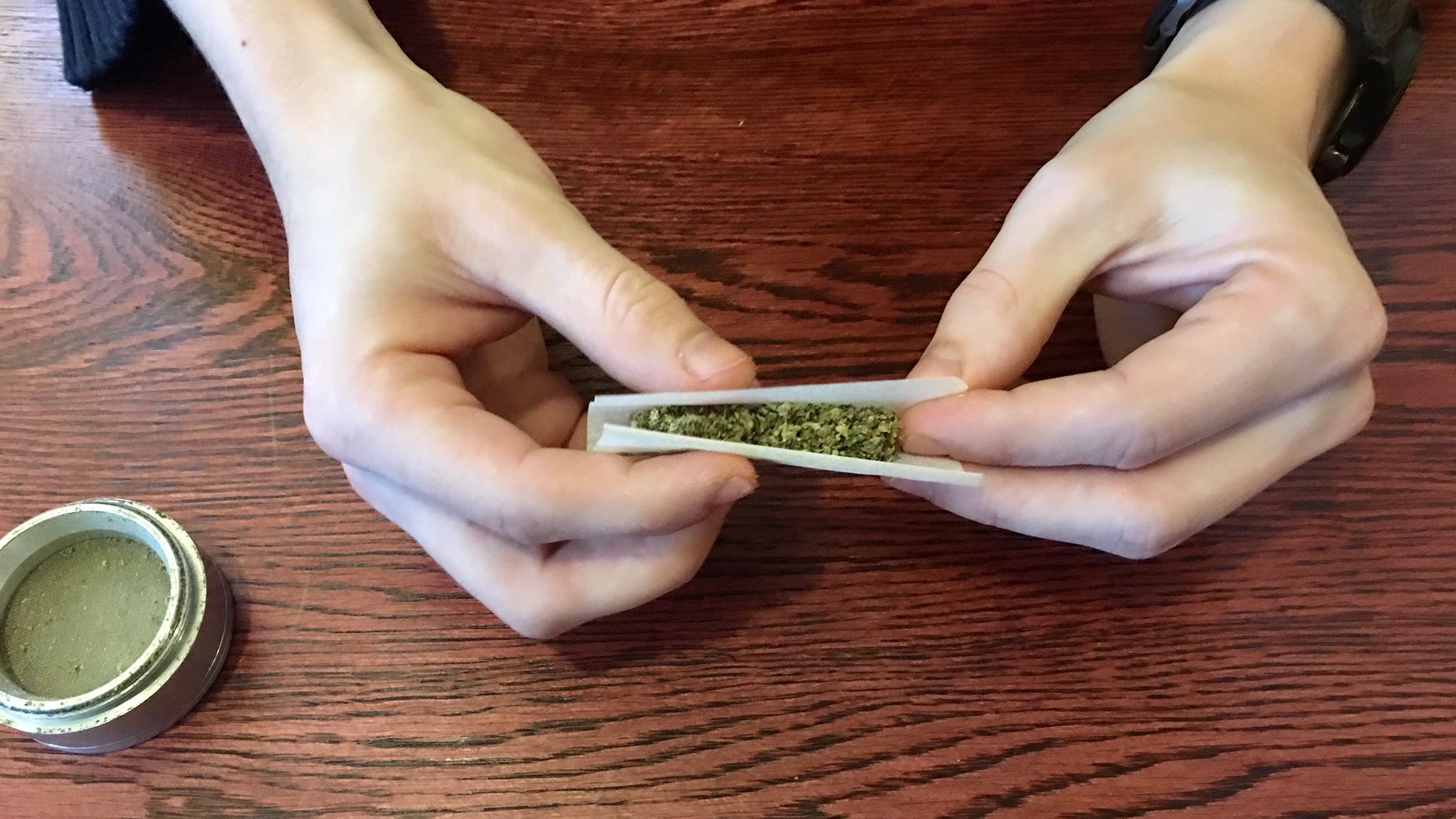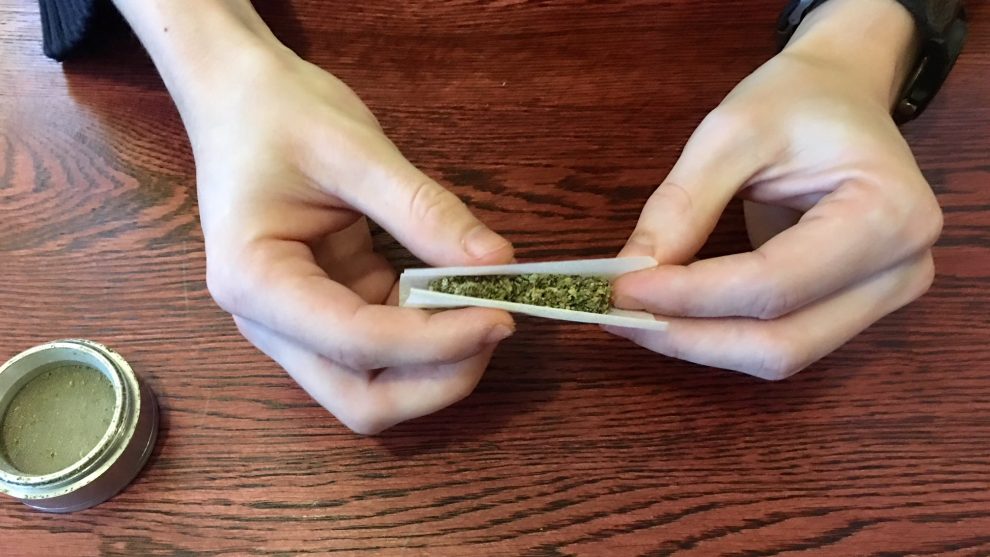Cannabis education
Dalhousie University to offer online cannabis courses this spring
Dal’s Continuing Education College offering courses in growing, sales and finances

caption
As federal legalization approaches, universities and colleges are starting to offer cannabis programs.
caption
As Canada-wide legalization approaches, universities and colleges are starting to offer cannabis programs.Dalhousie University’s continuing education course catalogue is set to grow this spring.
In partnership with Kwantlen Polytechnic University (KPU) in British Columbia, Dal is offering a series of online courses in cannabis cultivation and management.
The courses, which start in March, will focus on three areas: growing, marketing and entrepreneurship. They’re aimed at preparing students to work within Canada’s Access to Cannabis for Medical Purposes Regulations.
“We know the industry is going to expand approaching recreational legalization,” said David Purcell, director of emerging business and continuing and professional studies at KPU. “There’s going to be a great need for frontline workers.”
All three courses are being offered through Dalhousie’s College of Continuing Education. As part of a professional program, students receive certificates of completion rather than academic credit. Since they’re online, they’re open to anyone, even those who aren’t Dalhousie students.
KPU was the first Canadian school to start a cannabis program. They offered their first courses in 2015.
“When we started, there was an increase of medical users in Canada and we found that education was sorely lacking,” said Purcell. “The original course work was for those with a medical need. From there, we took a bit of a leap and made the assumption that the industry would continue to grow.”
KPU decided to partner with Dalhousie to increase training opportunities for students. Purcell said the courses are being offered online because most of the students showing interest have other full-time obligations. And so do the instructors, as they’re all currently employed by licensed producers.
Dalhousie will join a few other Canadian post-secondary institutions that offer or plan to offer cannabis programs, including KPU, Niagara College, Durham College and the New Brunswick Community College.
Once cannabis is legal, in Nova Scotia it will be sold through the Nova Scotia Liquor Corporation, while homeowners will be allowed to keep up to four plants for personal use.
So far three companies in Nova Scotia have received licences from Health Canada to cultivate medical cannabis: Aqualitas, Truro Herbal Company and Breathing Green Solutions.
As they set up their growing operations, all three have begun looking for employees.
Myrna Gillis, chief executive officer of Aqualitas, said most applicants have general agriculture education, but cannabis-specific training is going to be a huge asset for future employees.
“These programs are going to be very useful to the industry,” said Gillis in an email Feb. 7. “Having knowledge of plant health, growing methods and good manufacturing practices will certainly add value to candidates.”
Sandy Schembri, spokesperson for Truro Herbal Company, agreed.
THC is located just a short distance from the Dalhousie agricultural campus in Truro, and Schembri said they’re hoping to see applicants from the school. However, he doesn’t expect to see many cannabis specific applicants during this first year.
“Personal home growing has given people a lot of knowledge, but it’s going to be very interesting to see what these kinds of academic programs bring in the next few years,” he said.
A representative from Dalhousie could not be reached for comment on the programs.

